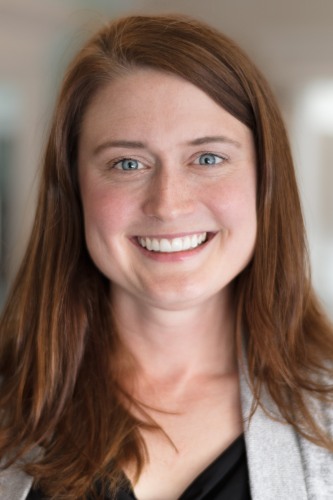
Ashley Champagne
Biography
Ashley Champagne is Director of the Center for Digital Scholarship (CDS), the University’s digital scholarship hub that provides inspiration, expertise, services, and teaching in digital scholarship methodologies, project development, and publication to Brown faculty, staff, and students. Dr. Champagne is also a Cogut Institute Lecturer in Humanities teaching courses in digital humanities and supporting the Doctoral Certificate Program in Digital Humanities. She is the Principal Investigator of the “New Frameworks to Preserve and Publish Born-Digital Art,” a project funded by the National Endowment for the Arts, and the co-Research Director on the “Stolen Relations: Recovering Stories of Indigenous Enslavement in the Americas” project, which is funded by the National Endowment for the Humanities. Her work has appeared in Interdisciplinary Digital Engagement in Arts & Humanities, JMIR Infodemiology, ITHAKA S+R, Digital Humanities Now. Dr. Champagne earned her Ph.D. in English from University of California, Santa Barbara in 2018.